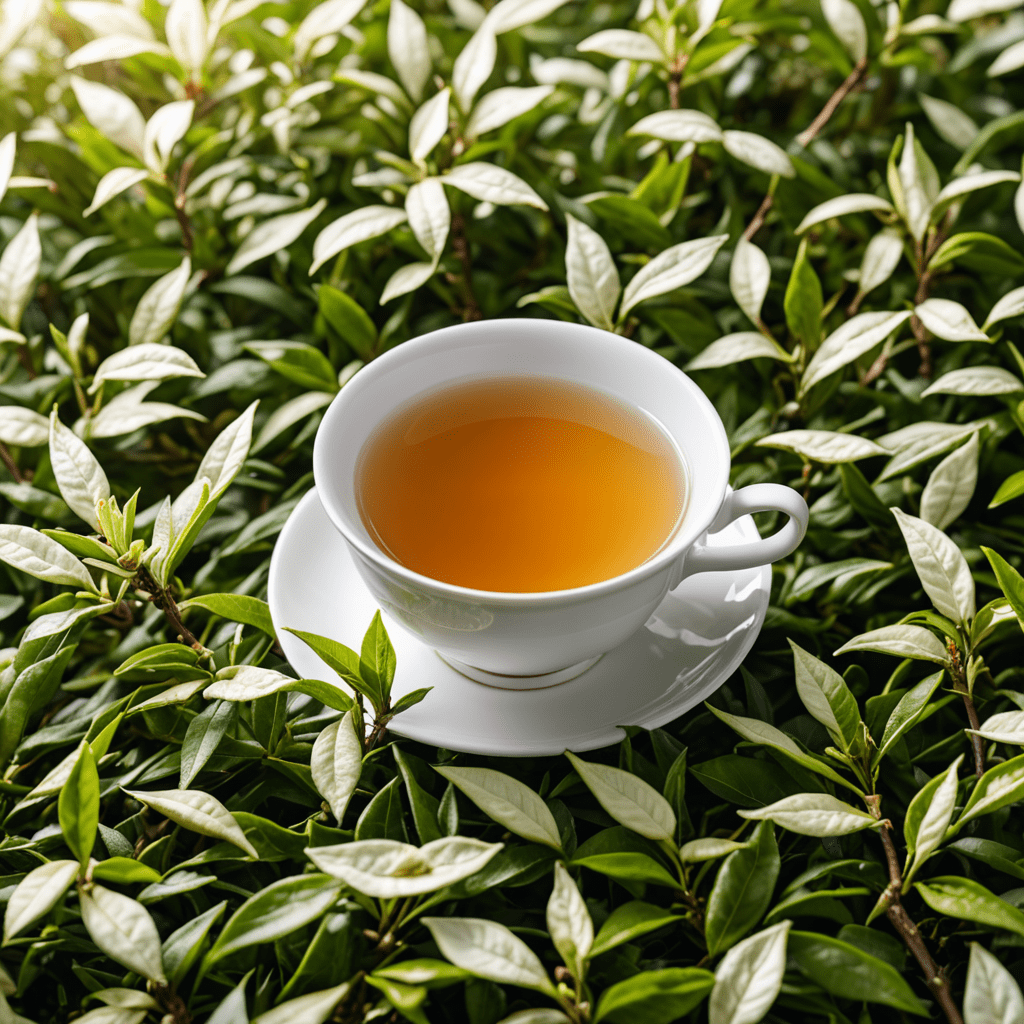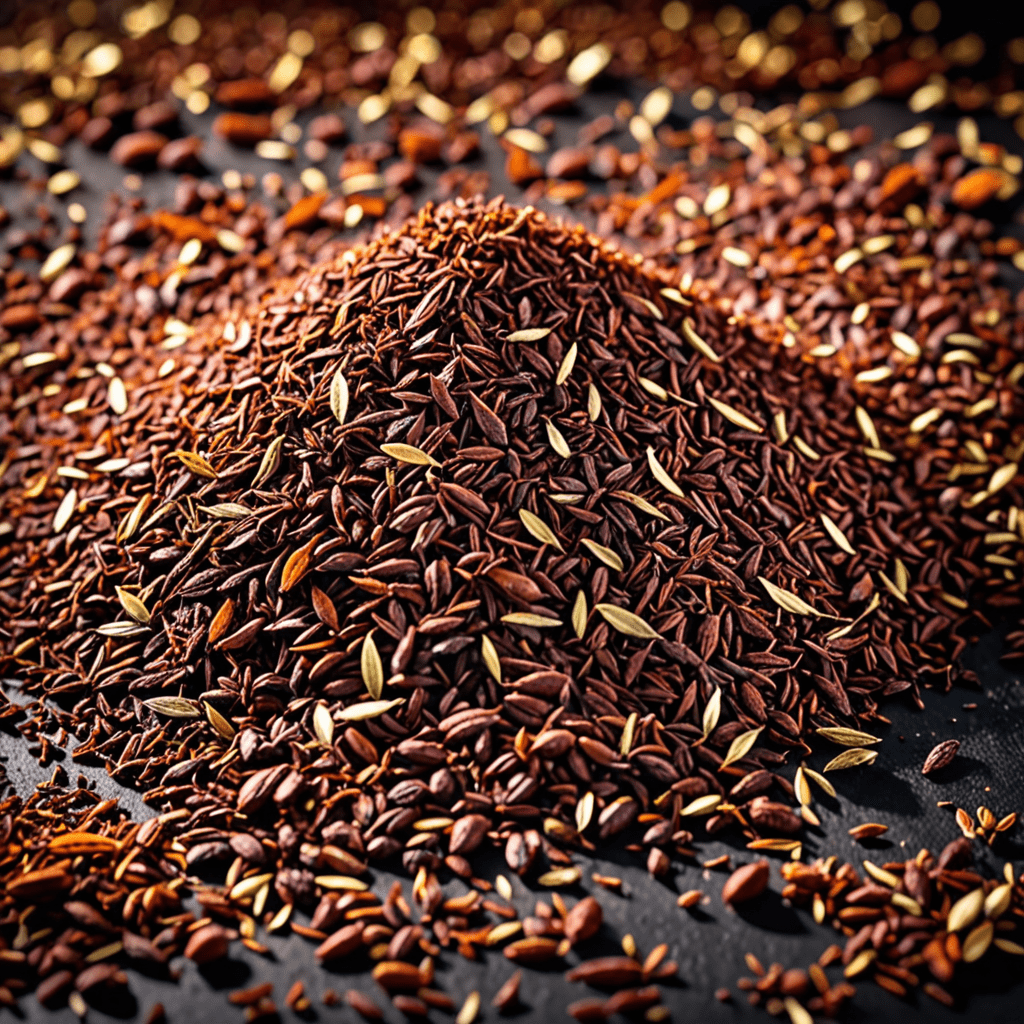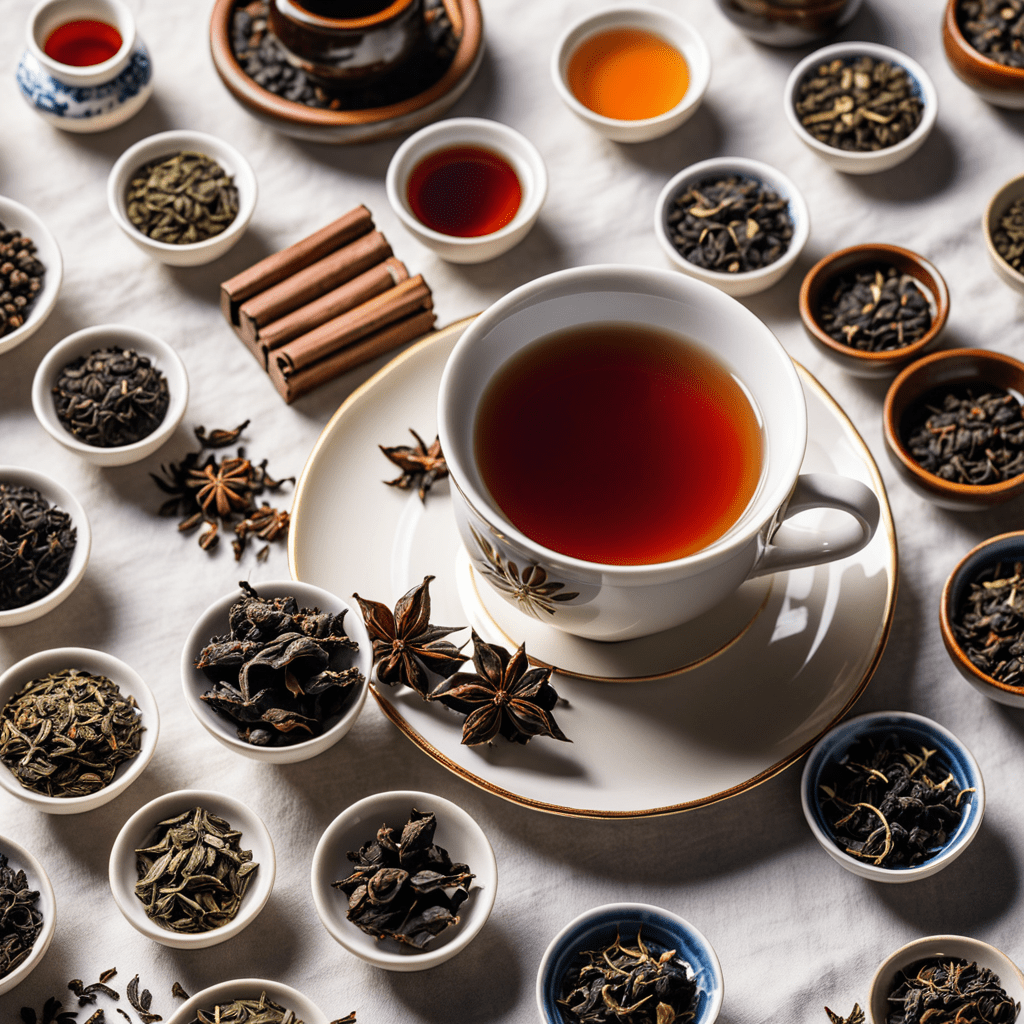White Tea: The Essence of Tea Tranquility
White tea, known for its delicate flavor and numerous health benefits, is often referred to as the purest and most subtle form of tea. Its gentle processing and minimal oxidation result in a light and rejuvenating beverage, making it a beloved choice among tea enthusiasts. In this blog post, we will delve into the exquisite world of white tea, exploring its origins, characteristics, preparation methods, and potential wellness advantages.
The Origins of White Tea
White tea has a rich history dating back to ancient China, where it was reserved for emperors and nobility due to its exceptional qualities. Originating from the Fujian province, white tea is made from the young leaves and buds of the Camellia sinensis plant. Its name is derived from the fine silver-white hairs that cover the unopened buds, giving the plant a silvery appearance. This unique visual aspect has contributed to the allure and mystique surrounding white tea.
Characteristics of White Tea
White tea is distinguished by its light, sweet, and slightly floral flavor profile. When brewed, it yields a pale golden or straw-colored infusion. The delicate aroma and subtle taste make it a delightful treat for the senses, providing a serene and calming experience. Due to its minimal processing, white tea retains a high concentration of antioxidants, making it a popular choice for health-conscious individuals.
Preparation and Enjoyment
To fully savor the tranquility of white tea, it is essential to prepare it with care. The recommended water temperature for brewing white tea is around 175°F to 185°F (80°C to 85°C). The leaves should steep for approximately 2 to 4 minutes, allowing the delicate flavors to gently unfold. Whether enjoyed hot or cold, white tea offers a soothing and refreshing experience, perfect for moments of quiet relaxation.
Wellness Benefits of White Tea
White tea is celebrated for its potential health benefits. Rich in antioxidants such as catechins and polyphenols, it may help support the immune system, promote healthy skin, and contribute to overall well-being. Some studies also suggest that white tea could have a positive impact on cardiovascular health and aid in maintaining a healthy metabolism. While further research is necessary, the potential wellness advantages make white tea a compelling choice for those seeking a natural and beneficial beverage.
Exploring White Tea Varieties
White tea offers a diverse range of varieties, each with its own unique characteristics and nuances. From Silver Needle (Baihao Yinzhen) to White Peony (Bai Mudan) and Gongmei, there are numerous options to explore, each presenting a distinct flavor profile and sensory experience. Whether you prefer a delicate and floral infusion or a slightly bolder flavor, there is a white tea variety to suit every preference.
Embracing the Tranquility of White Tea
With its gentle flavor, potential wellness benefits, and serene essence, white tea embodies a sense of tranquility that transcends the ordinary. Whether enjoyed during moments of contemplation or as part of a daily self-care ritual, white tea has the remarkable ability to infuse a sense of calm and peacefulness. Embrace the tranquility of white tea and savor the simple elegance of this extraordinary beverage.



